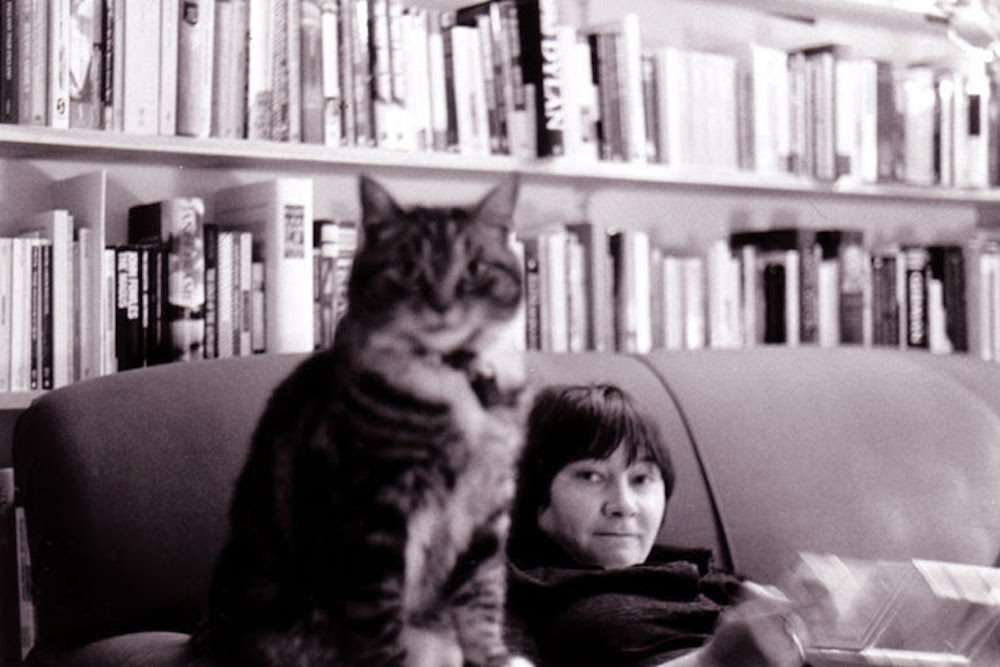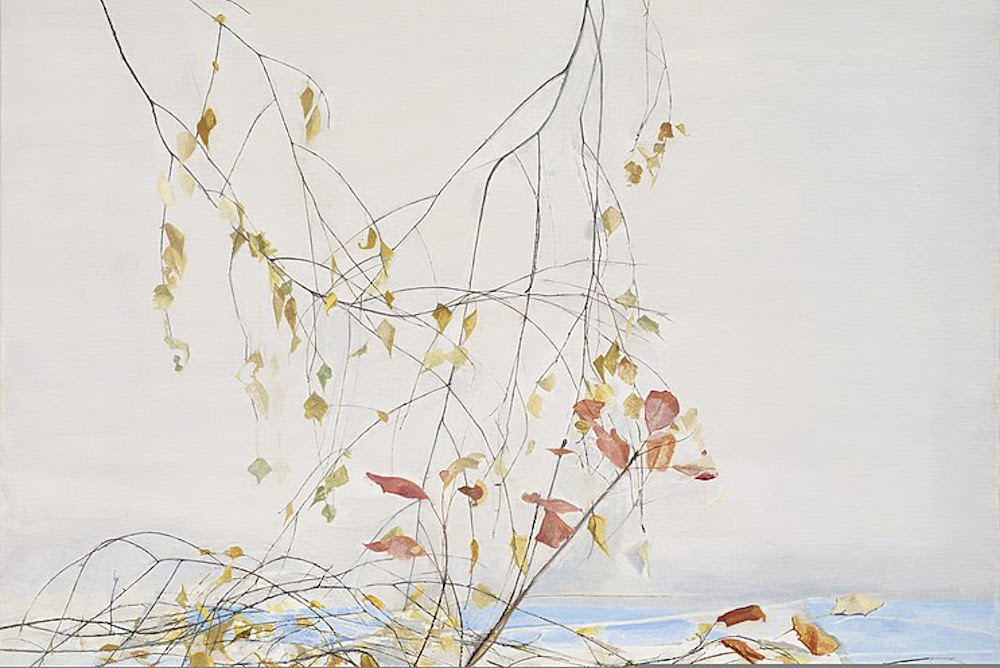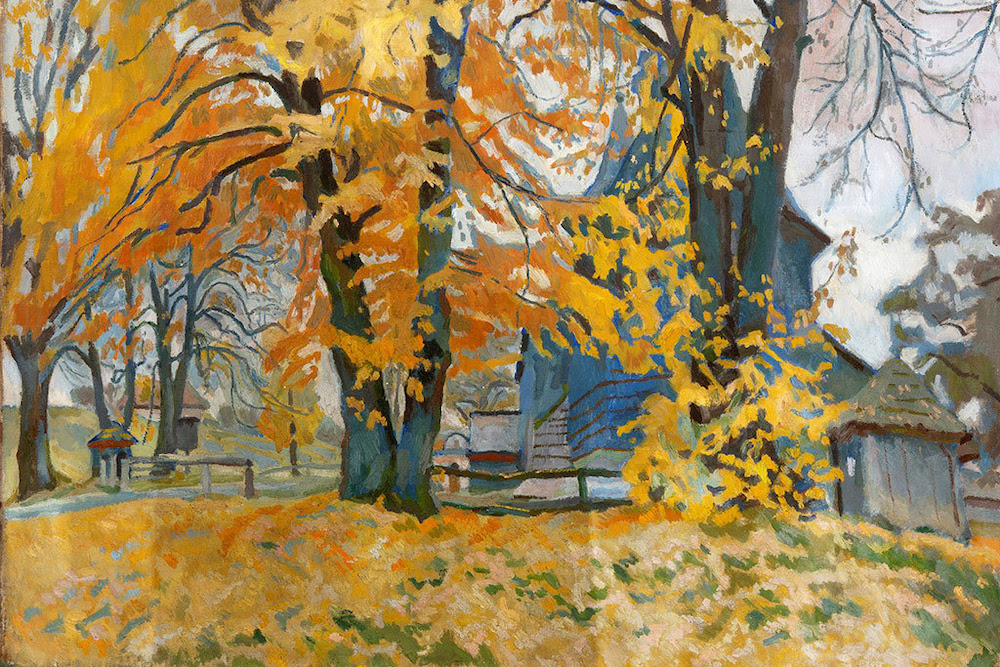Every week, the editors of The Paris Review lift the paywall on a selection of interviews, stories, poems, and more from the magazine’s archive. You can have these unlocked pieces delivered straight to your inbox every Sunday by signing up for the Redux newsletter.
This week at The Paris Review, we’re in an autumnal mood. Read on for Ali Smith’s Art of Fiction interview, the second part of Katharine Kilalea’s novel in serial OK, Mr. Field, and Jane Hirshfield’s poem “Autumn.”
If you enjoy these free interviews, stories, and poems, why not subscribe to The Paris Review and read the entire archive? You’ll also get four new issues of the quarterly delivered straight to your door.
Ali Smith, The Art of Fiction No. 236
Issue no. 221 (Summer 2017)
INTERVIEWER
Were you pleased to see Autumn referred to as “the first serious Brexit novel”?
SMITH
Indifferent. What’s the point of art, of any art, if it doesn’t let us see with a little bit of objectivity where we are? All the way through this book I’ve used the step-back motion, which I’ve borrowed from Dickens—the way that famous first paragraph of A Tale of Two Cities creates space by being its own opposite—to allow readers the space we need to see what space we’re in.
OK, Mr. Field Part 2 (Autumn)
By Katharine Kilalea
Issue no. 224 (Spring 2018)
Autumn arrived with a general spray of autumn color. It wasn’t winter yet, but it would be; there was a hint in the air of the cold to follow. The village was quiet. The cafés had covered their tables and upturned their chairs and the ice-cream shop had its roller shutters pulled shut. Waiters at the fish-and-chip shop loitered around with nobody to serve. The holidaymakers who’d swarmed the bead shops and art galleries (I’m looking for a painting with ocher in it, something to go with my Indian silk curtains) had covered their sofas, locked their houses, and left.
Autumn
By Jane Hirshfield
Issue no. 109 (Winter 1988)
Again the wind
flakes gold-leaf from the trees
and the painting darkens—
as if a thousand penitents
kissed an icon
till it thinned
back to bare wood,
without diminishment.
If you like what you read, get a year of The Paris Review—four new issues, plus instant access to everything we’ve ever published.
from The Paris Review https://ift.tt/2mXicQ5



Comments
Post a Comment